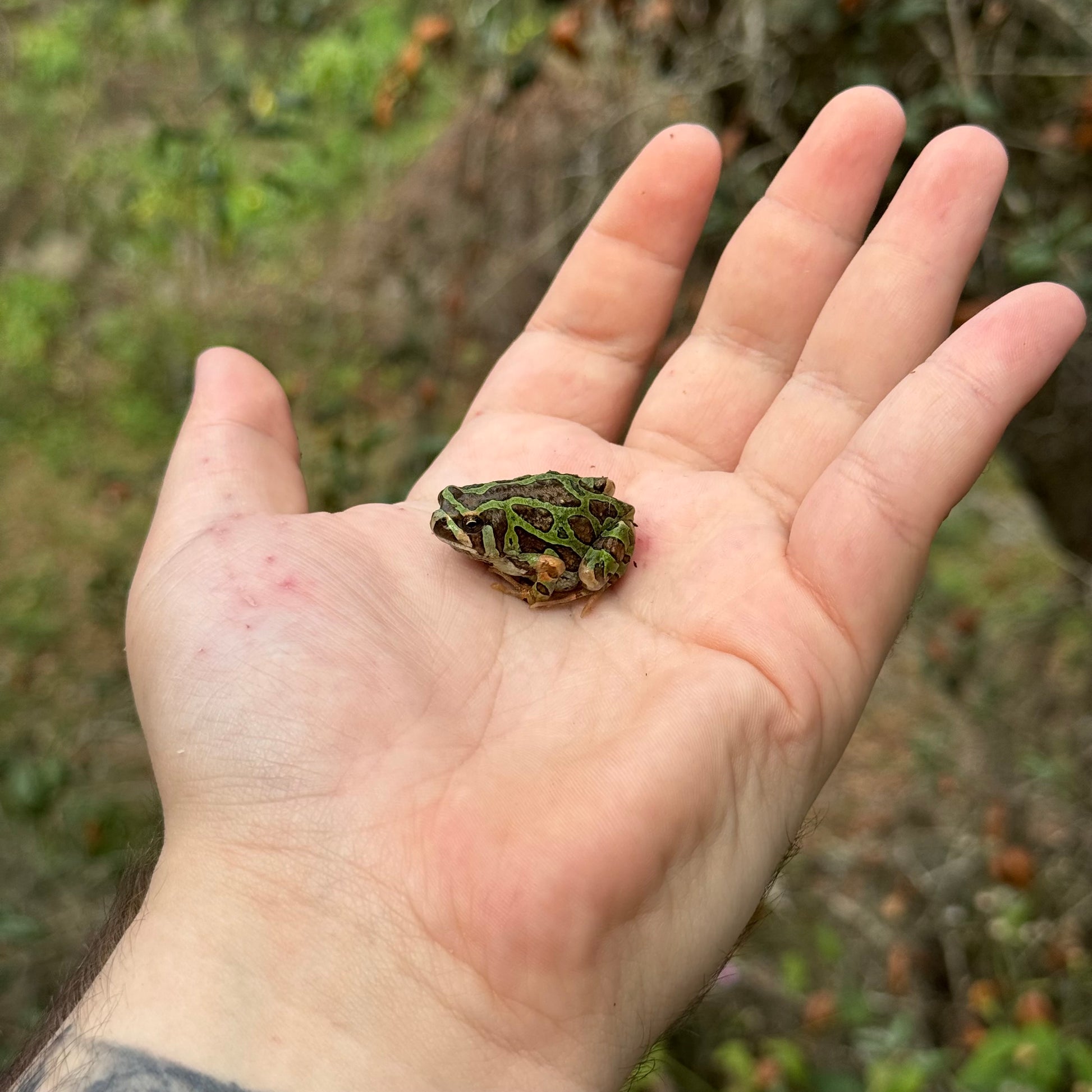Common Health Issues in Reptiles: Signs and Solutions
In the elaborate world of reptile care, comprehending the usual health and wellness issues that might affect these unique animals is vital in ensuring their well-being. Whether it's grappling with parasitical infestations, browsing dehydration problems, or dealing with skin disorders that manifest in refined means, being attuned to the symptoms and outfitted with the knowledge of efficient solutions is necessary for any reptile owner.
Respiratory Infections
Respiratory infections in reptiles can considerably impact their total health and call for timely attention from experienced veterinarians. In reptiles, respiratory system infections can be specifically testing to identify and treat due to their unique anatomy and physiology.
Treatment for respiratory infections in reptiles typically entails a mix of helpful care, such as preserving appropriate humidity degrees and temperature gradients in the enclosure, along with targeted medicine to address the specific virus accountable for the infection. It is important for reptile proprietors to monitor their pet dogs carefully for any indications of respiratory distress and seek veterinary treatment at the earliest indication of a concern. With prompt treatment and suitable therapy, many reptiles can recoup fully from respiratory infections and resume regular activities.

Metabolic Bone Disease
What factors contribute to the advancement of Metabolic Bone Condition in reptiles?
Metabolic Bone Condition (MBD) in reptiles is mostly created by a lack of correct calcium, phosphorus, and vitamin D3 levels in their diet regimen. When reptiles do not receive sufficient calcium, either with their food or correct UVB exposure for vitamin D3 synthesis, they are at a high danger of developing MBD. Reptiles with diet regimens reduced in calcium or unbalanced calcium to phosphorus proportions are especially at risk. In addition, inadequate direct exposure to UVB light prevents reptiles from synthesizing vitamin D3, which is essential for calcium absorption and bone health and wellness.
Other contributing factors to MBD consist of inappropriate temperature level gradients within the reptile's environment, leading to decreased metabolic rate and damaged calcium absorption. Insufficient humidity degrees can additionally impact a reptile's ability to metabolize calcium efficiently. Specific reptile species have specific nutritional needs that, if not met, can raise the probability of establishing MBD. Normal vet exams, correct husbandry methods, and a balanced diet regimen are vital to avoid Metabolic Bone Disease in reptiles.
Parasitic Problems
Parasitic invasions present a considerable wellness risk to reptiles, impacting their general well-being and needing punctual veterinary focus. Reptiles can be affected by different bloodsuckers, including mites, ticks, internal worms, and protozoa. These bloodsuckers can trigger a series of signs, such as weight management, sleepiness, skin irritation, diarrhea, and also death if left without treatment.
One common parasite discovered in reptiles is the mite, which can cause skin anemia, stress and anxiety, and irritation. Ticks are one more external bloodsucker that can create and transfer conditions pain to the reptile. Inner bloodsuckers like worms and protozoa can cause gastrointestinal problems, poor nutrition, and deteriorate the reptile's immune system.
To identify a parasitic invasion, a veterinarian might do fecal examinations, skin scrapings, or blood examinations. Treatment typically includes deworming medicines, antiparasitic bathrooms, or in severe instances, hospitalization. Preventative procedures such as normal vet examinations, proper hygiene, and quarantine procedures for new reptiles can help lessen the risk of parasitical invasions and make sure the wellness of reptile animals.
Dehydration and Hydration Issues
Dehydration in reptiles can significantly influence their wellness and wellness, requiring timely intervention and appropriate hydration management. Reptiles are vulnerable to dehydration as a result of different elements such as inadequate water consumption, high environmental temperatures, and particular wellness problems. Signs and symptoms of dehydration in reptiles Check Out Your URL consist of sunken eyes, lethargy, loss of skin flexibility, and reduced urination. If left untreated, dehydration can a fantastic read bring about severe wellness issues and even be deadly to the reptile.
To avoid dehydration, reptile owners need to make sure that their animals have accessibility to tidy water whatsoever times. The water recipe ought to be big enough for the reptile to take in if required, particularly for varieties that absorb water with their skin. In addition, preserving correct humidity levels in the reptile's room and giving regular baths can aid avoid dehydration.
In instances of dehydration, it is vital to seek veterinary care without delay. A vet may carry out fluids either by mouth or via shots to rehydrate the reptile. It is necessary to attend to the underlying source of dehydration to protect against recurrence and ensure the reptile's overall wellness.
Skin Conditions

Conclusion

Respiratory infections in reptiles can dramatically affect their overall health and wellness and require punctual attention from experienced vets (rain frog for sale). Preventative steps such as regular veterinary check-ups, proper hygiene, and quarantine procedures for brand-new reptiles can aid decrease the danger of parasitical invasions and make certain the health of reptile animals
If left untreated, dehydration can lead to significant health concerns and even be deadly to the reptile.
Regularly checking your reptile for any modifications in skin color, appearance, or appearance can help in very early discovery and treatment of skin conditions, promoting the general wellness and health of your scaly friend. - rain frog for sale
In verdict, reptiles are prone to various health and wellness concerns such as respiratory infections, metabolic bone illness, parasitical problems, dehydration, and skin ailments.